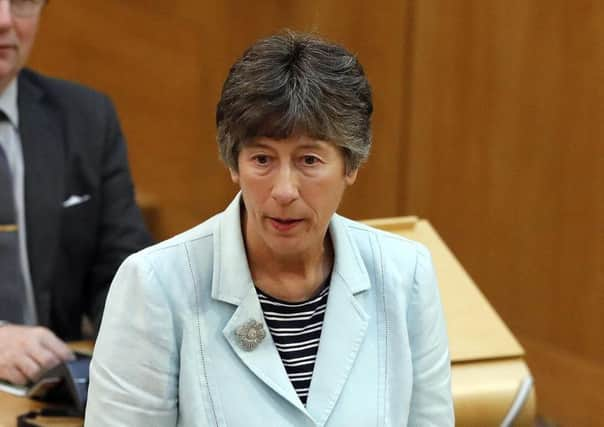Learning Gaelic will boost children’s education, says expert


Liz Smith, education spokeswoman for the Scottish Conservatives, described the new policy by Comhairle nan Eilean Siar, which was revealed last week, as “a deeply troubling step”.
The “Gaelic First” policy will see it become the main language in some of Scotland’s schools for the first time, unless parents opt out.
Advertisement
Hide AdAdvertisement
Hide AdBut Smith’s assertion that move place island pupils at a disadvantage was challenged by Dr. Thomas H. Bak, an expert in human cognitive neuroscience (HCN) at the University of Edinburgh.
“(Her) critique of Gaelic medium education contradicts a huge and growing body of evidence suggesting exactly the opposite of what she was claiming - knowledge of different languages, education in different languages, learning and using different languages have all been shown to have beneficial effects on cognition,” Dr Bak wrote in a letter to The Scotsman.
“There is a wealth of evidence suggesting that bilingual children outperform monolingual ones on cognitive tests; in fact, some of these studies have been done specifically in Gaelic-medium education.
“However, these effects are not confined to childhood, they continue across the lifespan leading to a slower cognitive ageing, delayed onset of dementia and better cognitive recovery after stroke.
“Remarkably, an improvement in attention has been documented in participants of all ages already after a one-week intensive language course. And the language used in this study was Gaelic.”
Dr Bak, who is based at the university’s Centre for Cognitive Ageing and Cognitive Epidemiology (CCACE), added: “Research has shown that in people who can speak more than one language, activation of one language leads to activation of others”.
Smith said: “Gaelic is a very rich and important part of Scottish culture and it is important that is assured in the future.
“It is also true that educational performance amongst bilingual speakers is generally high, including amongst the Gaelic community.
“The key challenge however, remains the recruitment of sufficient GME teachers which has, rightly, been a major worry amongst the Gaelic community.”